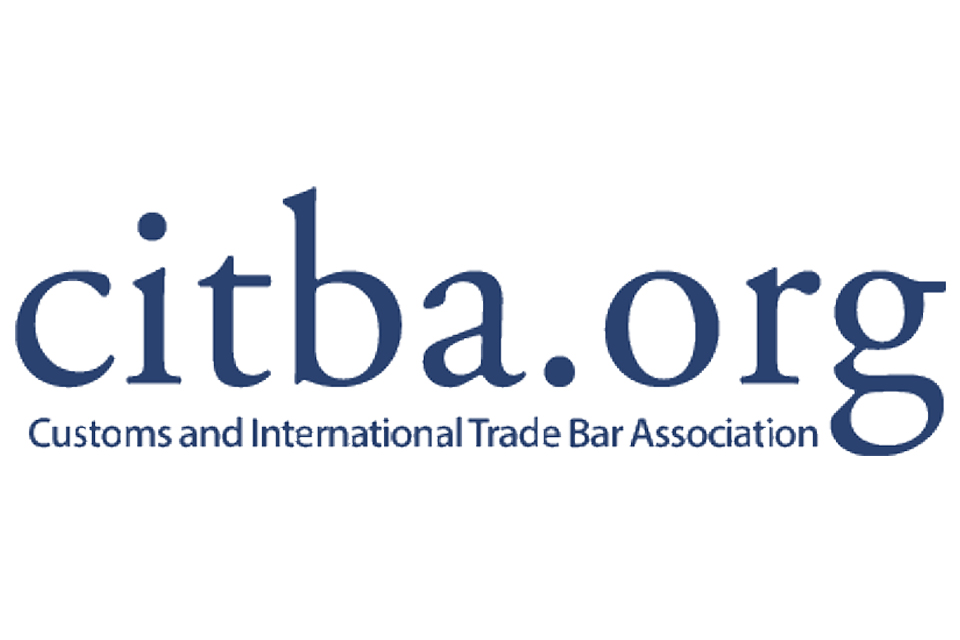Engaging commercial agents in Colombia may be an attractive way of doing business for foreign entities wishing to enter and operate in the country without a legal presence. However, the Colombian Commercial Code provides special protections for local commercial agents against termination of their agency. It is therefore crucial for foreign companies to be aware of the key legal issues prior to entering the market through an agency arrangement. Moreover, adequate due diligence should be conducted on prospective commercial agents, and agency agreements should be carefully drafted.
In this article, Marcela Blanco highlights the mandatory provisions of local laws regulating agency relationships in Colombia. In addition, she discusses the Colombian Supreme Court’s views concerning the special protections given to commercial agents in Colombia and the changes in agency laws that are expected following the imminent approval of the Colombia-U.S. Free Trade Agreement.
The most common cause of litigation in Colombia between foreign companies and their Colombian distributors has been the severance payment from the principal to the agent upon termination of any commercial agency agreement—an agreement where a person or entity agrees to promote, in a stable and independent manner, the products and services of another person or entity in a given territory. Under a commercial agency agreement, the agent undertakes to secure a position for the principal’s products or services in a certain market.
During the past several years, the Colombian Supreme Court has, time and again, clarified the essential elements of the agency agreement. The Court has established that an agency relationship exists when; (i) the agent acts on behalf of the principal, (ii) the agent acts independently, (iii) the relationship is of a permanent nature, and (iv) the agent’s activities are aimed at promoting the principal’s products or services.
Under Colombian law, an agent is entitled to receive a severance payment upon termination of the agency agreement, regardless of the cause of termination. This severance payment is equal to one-twelfth of the average commission received by the agent during the last three years of the agreement, multiplied by the duration of the agreement. If the agency lasted less than three years, the compensation is equal to one-twelfth of the average commission received by the agent while the agreement was in force. Additionally, if the principal terminates the agency without cause, or the agent terminates it for cause against the principal, the principal must also pay an indemnity to the agent at an amount fixed by experts. Calculation of this sum takes into account several intangible factors, including the extent of the agent’s activities to enhance the principal’s line of services or products.
Unlike a distribution agreement, termination of an agency agreement triggers beneficial termination provisions in favor of the agent. Due to this fact, most local distributors tend to claim that their existing relationship with the foreign company is governed by an agency agreement rather than a distribution agreement. The special protections given to commercial agents—severance payment and indemnity for unjust termination—are critical for foreign companies hiring distributors/agents in Colombia, because all agency contracts performed within this country are subject to Colombian law.
For many years, the Colombian Supreme Court ruled that the above-mentioned severance payment is un-renounceable in the agreement and could only be waived by the agent upon the agreement’s termination. As a consequence, it was not possible in Colombia for contracting parties to reach an agreement whereby the severance payment could be paid in advance as part of the agent’s ordinary compensation. However, in 2005, the Supreme Court made a significant change to this case law and stated that Article 1324 of the Colombian Commercial Code “… does not exclude the possibility of payments in advance, previously and legitimately agreed by the parties.” Even though the Supreme Court still considers the commercial agent’s severance payment unwaivable, it now holds that the severance payment of the commercial agency can be paid beforehand.
It is important to note that the commercial agency regulations will need to be amended in the Colombian Commercial Code once the U.S. Congress finally approves the Colombia-U.S. Free Trade Agreement (FTA). Specifically, the Colombian Government has pledged to make such changes in its legislation within the six months following its passage. Any clause that gives an agent the right to a severance payment upon termination of the contract will be removed, and the aforementioned Article 1324 of the Commercial Code will be repealed. Additionally, the Colombia-U.S. FTA abolishes any regulation establishing that a commercial agency agreement has exclusivity unless otherwise agreed. The purpose of this provision is to allow the principal to hire more agents from a certain geographic area for the same type of activity or product, unless the agency agreement provides the contrary.
Diaz Reus recommends seeking legal advice from the outset of contractual negotiations of commercial distribution arrangements with Colombian parties. Our attorneys, solicitors and foreign legal consultants have a wealth of experience and knowledge in Latin American business procedures and laws, including Colombia. They are well equipped to advise clients on contractual and corporate matters. The firm maintains offices around the globe, and advises both local and international clients doing business in the Americas, the Middle East, China, and Europe.




































































































































































































































